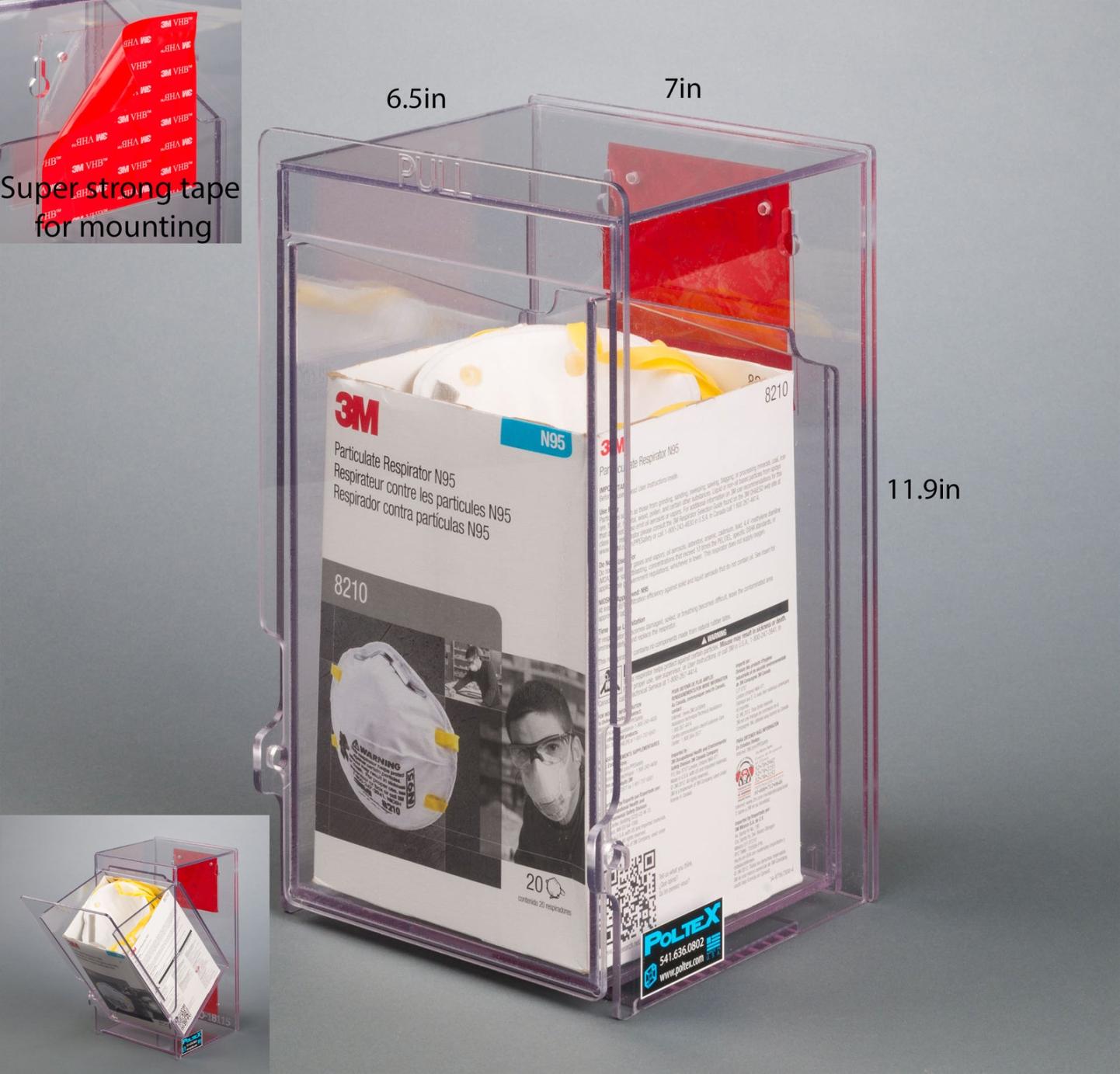How Can I Properly Store My Face Mask to Ensure Its Effectiveness?
In the midst of the ongoing pandemic, face masks have become an essential part of our daily lives. To ensure their effectiveness in protecting ourselves and others, proper storage of face masks is crucial. This article delves into the significance of storing face masks correctly, the unique requirements for different types of masks, and practical storage guidelines to maintain mask integrity and personal safety.

The Importance Of Proper Face Mask Storage:
Maintaining Effectiveness:
- Proper storage helps preserve the mask's ability to filter out harmful particles, ensuring its effectiveness in protecting against respiratory droplets and airborne contaminants.
- Improper storage can compromise the mask's filtration efficiency, reducing its protective capabilities.
Ensuring Personal Safety:
- Storing face masks correctly minimizes the risk of contamination and prevents the spread of infectious agents.
- Proper storage practices help maintain mask integrity, reducing the likelihood of mask failure or breakage during use.
Extending Mask Lifespan:
- Appropriate storage conditions prolong the lifespan of face masks, allowing for multiple uses (in the case of reusable masks) and cost savings.
- Neglecting proper storage can lead to premature deterioration of masks, necessitating frequent replacements.
Understanding Face Mask Types:
Disposable Face Masks:
- Single-use masks designed for one-time use only.
- Typically made of non-woven materials, such as polypropylene.
- Effective in filtering out particles and droplets but not suitable for extended or repeated use.
Reusable Face Masks:
- Masks that can be washed and reused multiple times.
- Often made from cloth or other washable materials.
- Require proper cleaning and sanitization to maintain effectiveness.
Storage Guidelines For Disposable Face Masks:
Single-Use Nature:
- Disposable face masks are meant for one-time use only.
- Reusing disposable masks compromises their effectiveness and increases the risk of contamination.
Proper Disposal Methods:
- Discard disposable face masks immediately after use.
- Dispose of masks in a closed bin or trash receptacle to prevent littering and potential contamination.
- Follow local guidelines for waste management and disposal.
Storage Guidelines For Reusable Face Masks:
Cleaning And Sanitization:
- Regularly clean and sanitize reusable face masks to maintain their effectiveness.
- Wash masks after each use in hot water (at least 60°C or 140°F) with detergent.
- Dry masks thoroughly before storing to prevent mold growth.
- Consider using a disinfectant or sanitizing spray to further eliminate germs and bacteria.
Storage Conditions:
- Store reusable face masks in a clean, dry, and well-ventilated area.
- Avoid storing masks in damp or humid environments to prevent mold growth and contamination.
- Keep masks away from direct sunlight to preserve their materials and prevent degradation.
Mask Rotation:
- Rotate multiple reusable face masks to allow each mask sufficient time to dry and sanitize properly.
- Having a rotation system ensures a consistent supply of clean masks and reduces the risk of using a contaminated mask.
Additional Tips For Effective Face Mask Storage:
Avoid Direct Sunlight:
- Exposure to direct sunlight can degrade the materials of face masks, reducing their effectiveness.
- Store masks in a cool, shaded area to preserve their integrity and extend their lifespan.
Keep Away From Contaminants:
- Keep face masks away from potential contaminants, such as dust, dirt, chemicals, and moisture.
- Store masks in a designated container or bag to prevent contamination.
Regular Inspection:
- Regularly inspect face masks for signs of wear, damage, or contamination.
- Discard any masks that show signs of deterioration or compromise to ensure personal safety.
Proper storage of face masks is essential for maintaining their effectiveness, ensuring personal safety, and extending their lifespan. By following the storage guidelines outlined in this article, you can ensure that your face masks remain effective in protecting you and others from harmful respiratory particles and airborne contaminants. Remember to adopt these storage practices as part of your daily routine to stay protected and healthy during the ongoing pandemic.
YesNo

Leave a Reply